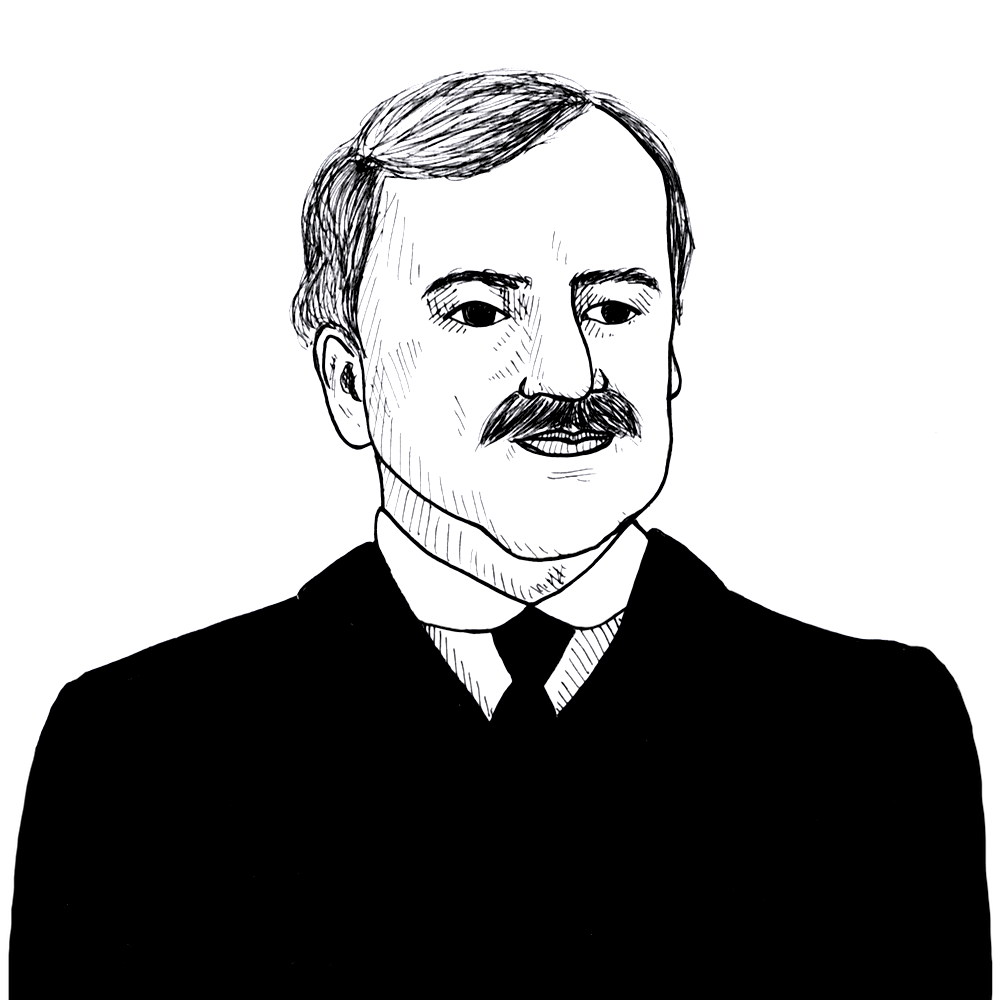
Tiedeman states that the police powers under the constitution are strictly limited to enforcing the maxim: “use your own property in such a manner as not to injure that of another” (1886)
Found in: A Treatise on State and Federal Control of Persons and Property in the United States vol. 1
The American legal scholar Christopher Tiedeman (1857-1903) believed that the police powers of the government were strictly limited under the constitution to protecting the rights of minorities from control or interference by the majority:
Law
The principal object of the present work is to demonstrate, by a detailed discussion of the constitutional limitations upon the police power in the United States, that under the written constitutions, Federal and State, democratic absolutism is impossible in this country, as long as the popular reverence for the constitutions, in their restrictions upon governmental activity, is nourished and sustained by a prompt avoidance by the courts of any violations of their provisions, in word or in spirit. The substantial rights of the minority are shown to be free from all lawful control or interference by the majority, except so far as such control or interference may be necessary to prevent injury to others in the enjoyment of their rights. The police power of the government is shown to be confined to the detailed enforcement of the legal maxim, sic utere tuo, ut alienum non lædas (“use your own property in such a manner as not to injure that of another”).